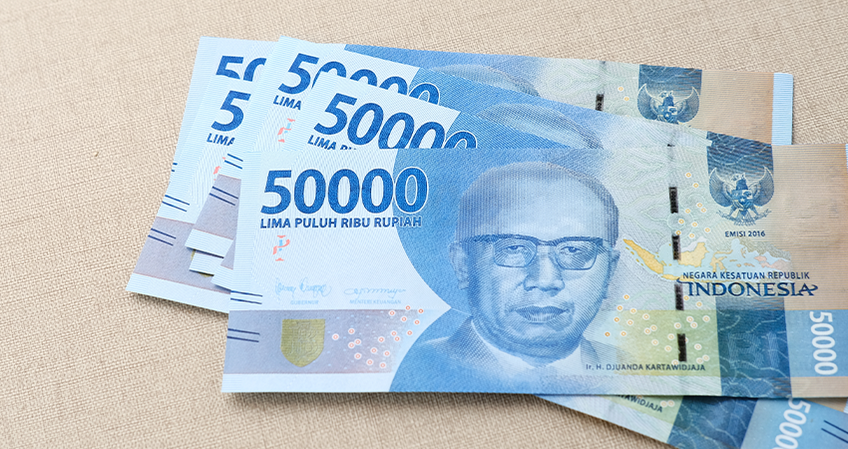Factors Influencing Asian Currencies and Bank Indonesia's Intervention
In March, Asian currencies came under pressure as the dollar strengthened on expectations that the Federal Reserve would keep its key interest rate at a high level for an extended period, with no imminent cuts in sight.
Today, Bank Indonesia intervened in the currency market to stabilize the rupiah after it hit a four-year low. The rupiah's decline was mainly driven by several factors, including the devaluation of the yuan, heightened demand for dollars due to dividend repatriation, and foreign outflows from the bond market. There are also growing concerns about the impact of President-elect Prabowo Subianto's ambitious spending plans on Indonesia's budget. Indonesia's $29 billion program to provide free lunches and milk to schoolchildren is expected to increase the country's budget deficit, potentially threatening investment-grade ratings.
Bank Indonesia may raise its benchmark interest rate by a quarter point to 6.25% at its April 24 meeting if the rupiah remains at its current level of around 16,000.


